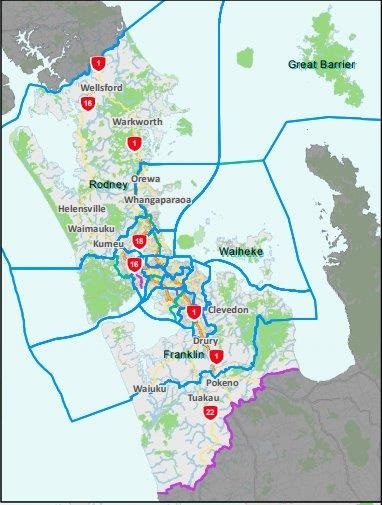
With the Bill to introduce a regional fuel tax – initially just for the Auckland region – expected to be passed this month, transport operators are gearing up to face increased costs.
The regional fuel tax will apply to petrol and diesel and be charged up to a maximum rate of 10 cents per litre plus GST at the pump, for a maximum of 10 years. Initially the fuel tax will only be levied in the Auckland Region, which extends from Ross Road Wellsford in the north, to the Bombay Hills in the south, and will come into effect 1 July.
A Regulatory Impact Statement released by the Ministry of Transport stated that the direct costs would fall on fuel distributors who deliver fuel into the region, with costs being passed on to those who purchase fuel for use in the defined region. Indirect costs would also fall on the fuel companies collecting the tax, and the NZ Transport Agency, which would collect and administer the tax. The local authority would be responsible for enforcement.
The statement said increased fuel prices carried a risk of a negative impact on businesses that were heavily reliant on fuel. There was also the risk of price spreading, where fuel companies spread the cost of the tax across other regions not subject to the tax. If price spreading does not occur, then there was a risk people would travel outside of the defined region to purchase fuel and transport it back into the region.
This could have a serious impact on fuel stations close to the regional boundary and there are concerns they will suffer from reduced sales volumes due people travelling slightly further to outside the region to purchase fuel in a location not subject to the tax.
Rebates will be available to those who do not use fuel on roads, with eligibility for rebates being confirmed when the regulations are finalised.
Transport operators are being strongly urged to pass on all additional costs and show the fuel tax as a separate line item on invoices or to incorporate in their FAF (fuel adjustment factor).
The regional fuel tax alone will not fully bridge the funding gap but will enable funding to begin development of those transport projects determined to be the highest priority. Further funding will be required in the future, and alternative funding sources will need to be identified.




